|
|
|
|
There are days when I wonder why I’ve devoted my professional career to covering politics. The urge to be a politics reporter came from my interest in how people in government wield their power, whether the public interest is being served, and whether it’s possible to hold accountable those in power.
Mostly I’ve loved my work. But my four-decade study of politics – now as democracy editor at The Conversation – has been discouraging over the past 10 years. While I’ve always enjoyed covering political conflict – it’s a way of getting at what matters to the country – I’ve felt the tenor and content of those conflicts have gotten much uglier than I’ve seen before. American University politics scholar Thomas Zeitzoff offers an explanation for the dismay I’m feeling – and I’m sure you’re feeling – about politics these days in his story this week, “‘Idiots,’ ‘criminals’ and ‘scum’ – nasty politics highest in US since the Civil War.”
“The level of nastiness in U.S. politics has increased dramatically,” writes Zeitzoff. “As an indication of that, I collected historical data from The New York Times on the relative frequency of stories involving Congress that contained keywords associated with nasty politics such as ‘smear,’ ‘brawl’ and ‘slander.’ I found that nasty politics is more prevalent than at any time since the U.S. Civil War.”
And what does this mean for democracy? Nasty politics, writes Zeitzoff, can be a “legitimate tool for opposition and outsider politicians to call attention to bad behavior. But it can also be used as a cynical, dangerous tool by incumbents to cling to power that can lead to violence.”
|

|
Naomi Schalit
Democracy Editor
|
|
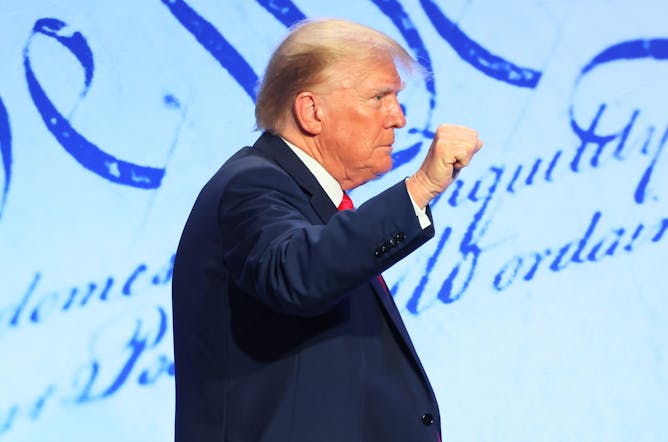
Former U.S. President Donald Trump at the Moms for Liberty Joyful Warriors summit in June 2023 in Philadelphia.
Michael M. Santiago/Getty Images
Thomas Zeitzoff, American University
Studies show, though, that voters don’t like all that nastiness.
|
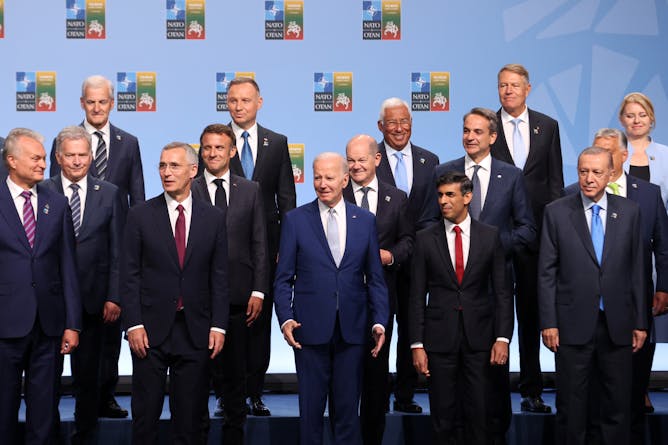
President Joe Biden and other world leaders are together at the 2023 NATO summit in Lithuania on July 11, 2023.
Pauline Peleckis/Getty Images
Tara Sonenshine, Tufts University
The NATO summit is a chance for world leaders to hash out difficult topics, like the war in Ukraine – and for the US to show off its leadership, writes a former diplomat.
|
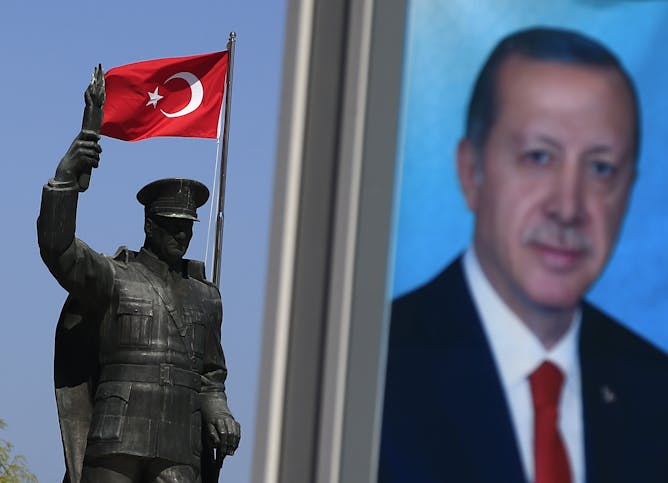
Turkey President Recep Tayyip Erdogan has been in power since 2003 and has tried to strengthen the executive branch during that time.
AP Photo/Lefteris Pitarakis
Nisha Bellinger, Boise State University
Recep Tayyip Erdoğan, president of Turkey, and Viktor Orbán, prime minister of Hungary, are two leaders who have consolidated power using a similar playbook.
|
|
|

John Deni, US Army War College
As Western leaders depart a crucial summit, a NATO scholar parses what went down.
| |
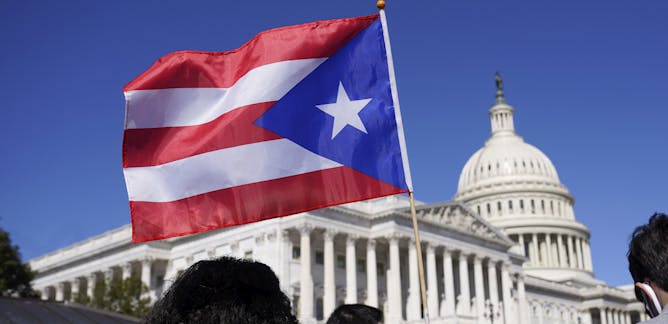
Jorge Duany, Florida International University
The political status of Puerto Rico continues to be intensely contested, but measures to make the island the 51st state remain elusive.
|
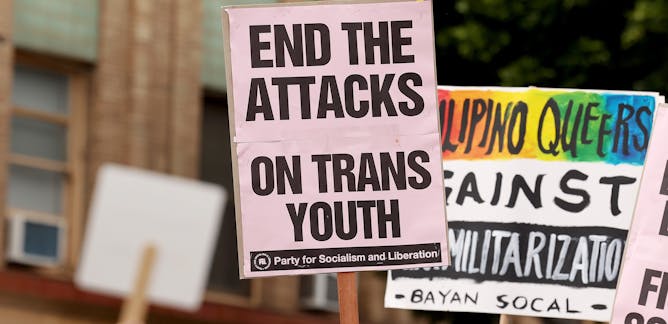
Mark Satta, Wayne State University
A number of judges who considered challenges to anti-LGBTQ legislation passed by state lawmakers in 2023 had strong words for how the laws violated the First Amendment.
| |
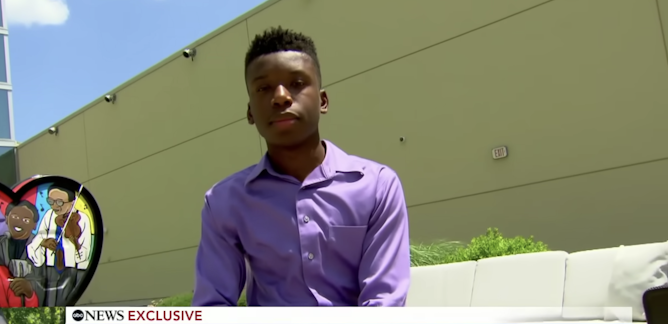
Barbara Harris Combs, Kennesaw State University
A high school honors student, Ralph Yarl rang the wrong doorbell. Claiming fear for his life, the 84-year-old white male homeowner shot him.
|
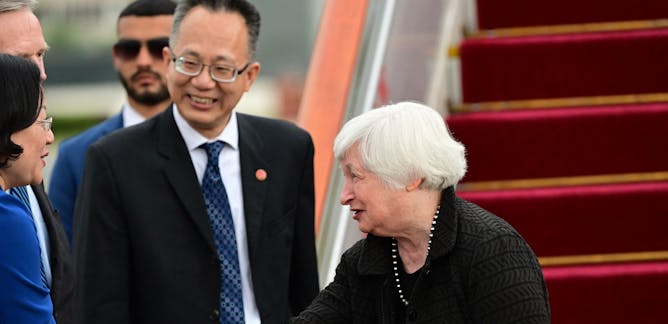
Leland Lazarus, Florida International University
The US and China are talking again, but security issues between the two countries linger.
| |
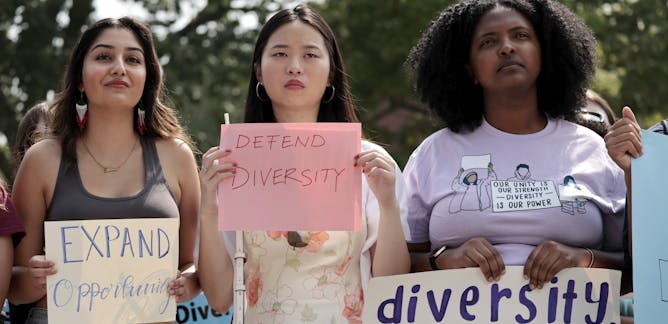
Howard Manly, The Conversation
The Supreme Court’s decision to ban affirmative action programs reverses nearly 50 years of its own decisions that ruled diversity was of vital national importance.
|
|
|
|
|
-
Angelica S. Gutierrez, Loyola Marymount University
Some colleges grant preferential treatment in the admission process to children of alumni. A researcher examines what’s behind people’s support for the practice.
-
Robert Goldman, American University
The US administration said that it had received ‘written assurances’ from Ukraine that it would use cluster bombs carefully. Nonetheless, the munition will provide an additional risk to civilians.
-
Dov Waxman, University of California, Los Angeles
The West Bank governing body has seen its popularity erode amid accusations of corruption and incompetence.
|
|
|
Like this newsletter? You might be interested in our other weekly emails:
|
| |
| |
| |
| |
|
|
|
|
|
|
|